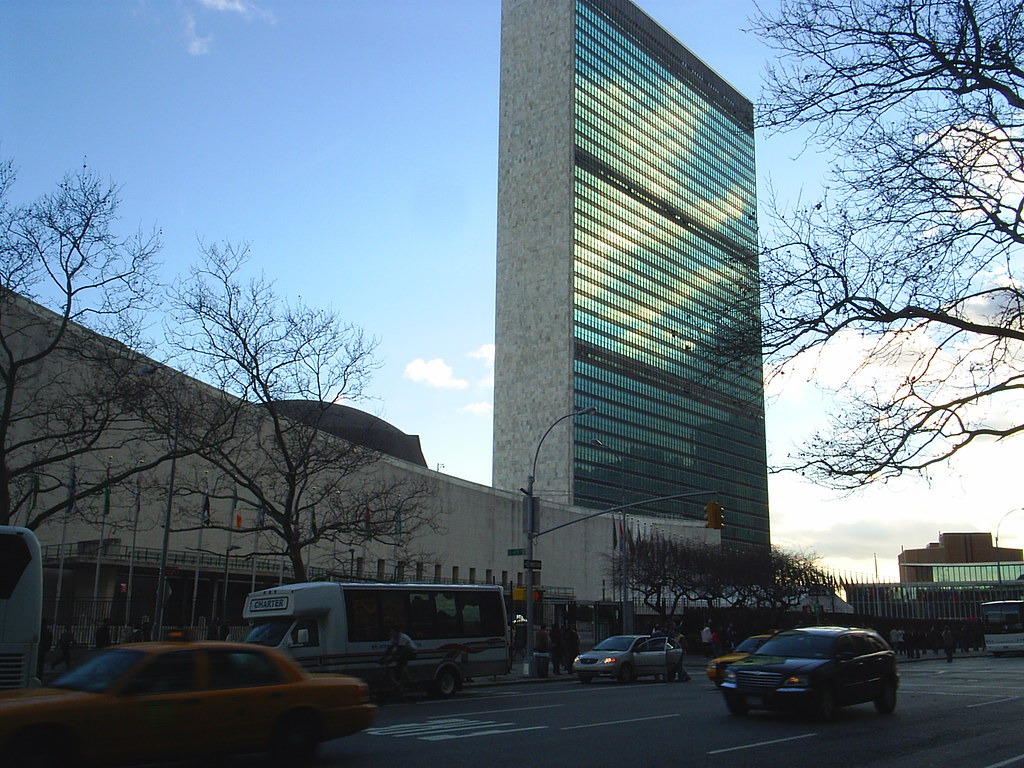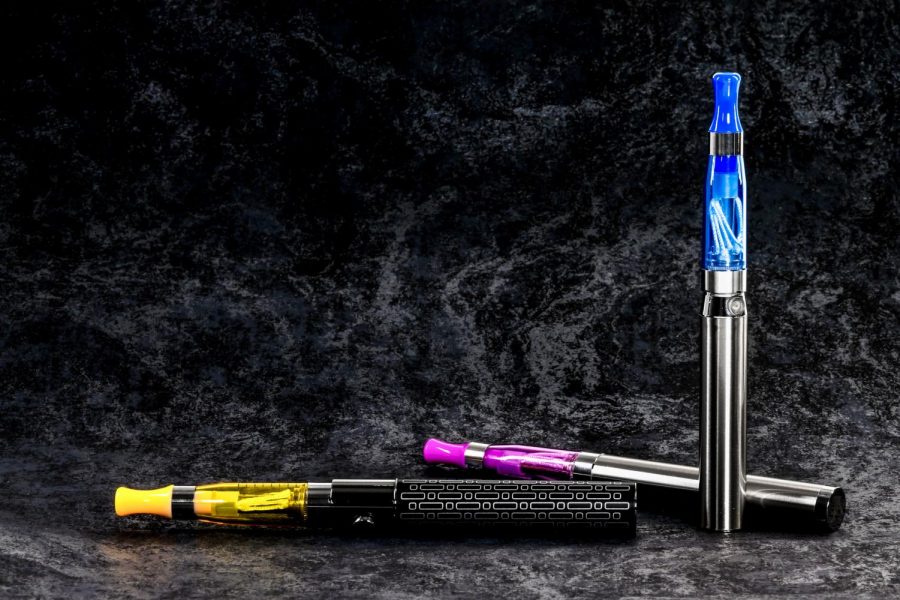By this point, the iconic mushroom cloud of a hydrogen bomb burst has become a well-worn cliché, in terms of “end times” imagery. Hell, why not? In dropping “Fat Man” and then, only a short while later, “Little Boy,” we proved, once and for all, that humankind is the most awesome and destructive force on the planet.
Forget the heightened sense of mortality that comes after emerging from the timberline on a large peak or being near the ocean during a bad storm; even tornadoes can’t touch the awesome power that we as a race managed to harness thanks to one of the bloodiest wars in history.
No longer does the supernatural hold the mystery it once did. Thanks to modern science, we have nothing to fear but that which we can imagine. It’s no wonder then that the notion of apocalypse has become a fetishized industry.
First, it was an explicit expression of our fears with all of the nuclear holocaust hysteria. Now we can’t wait until the next episode of “The Walking Dead” or flip through the channels without passing a handful of shows dedicated to speculative scenarios dealing with life after humans or alien invasions.
Nowhere is this silent obsession with the end of the world more prevalent than in the recent pop-culture explosion of zombie-related material. No longer is the danger weather, or the weapons we’ve created. No, we’ve moved past external objects and onto what we’ve known since the ’50s: that human beings can be the only true culprits in any Armageddon that will come.
Even political policy think tanks can’t get their heads out of the mushroom clouds, devoting their mental energies to producing models of what the world will be like as climate change settles in, of how “enlightened,” Western democracy will manage to survive in an era of exaggerated Social Darwinism. Their conclusion: that ethics will break and civilization will rest in the hand of technologically advanced polices states.
Yet, no one takes any of these reifications of mental anxieties about the state of the world seriously.
We laugh at the fact that corporate interests, with their pockets lined with people who claim to be our leaders, engage in callous willful ignorance to current realities. Worse, aware of the fact that our actions have repercussions, we ourselves engage in willful ignorance to the ways in which we choose to consume and live.
Heaven forbid you take yourself seriously, though. After all, we are the post-moderns: hyper-aware of what it is we are and, by definition, expected to offer up a joke.
But yet, let me ask this: do we really think that the people shoving advertisements into our heads are just laughing along with us? Hell no. Time and time again, the knee-jerk reaction of capitalist interests to petty threats towards their bottom line offers more evidence of just how damn seriously these people take themselves.
Our current mode of life is unsustainable. At least that’s what we know, that’s what everyone is talking about and that’s what public policy and culture is obsessed with. The end is nigh and there’s nothing we can do about it, we’re told. Or, if there is something to be done, the challenges to its implementation are daunting and would spell the end to our current system anyway, so why not just wait out for the looming apocalypse and have a good sense of humor about it?
Well, in my mind, this is nothing short of playing the laughing zombie, morbidly chuckling along, looking for the next fix in an uninhabitable wasteland of cannibals and wrecked ethics. But what would happen if we stopped laughing, if we started allowing ourselves to take ideas and convictions seriously?
Max Calloway is a Collegian’s Opinion/Editorial section editor. He can be reached at [email protected].


















